|
Rwanda and its former colonial power France have opened a new chapter in relations ruptured by the 1994 genocide in the central African country. France supported the regime that presided over the mass killings. It also stands accused of sheltering the perpetrators. French presidents have come and gone in the intervening quarter of a century. The visit by President Emmanuel Macron to Kigali last week was different. He signalled a new start to the relationship between Kigali and Paris by asking for forgiveness for France’s involvement in the genocide. Jonathan Beloff explains the significance of Macron’s plea, while pointing out that, for their
part, Rwandans who bore witness to the killings might need more convincing.
For most Americans, the Tulsa race massacre that took place on May 31 and June 1, 1921 is something they learned about through media accounts or documentaries. For Gregory Fairchild, a business administration professor at the University of Virginia, the event was part of his family lore. As survivors, historians and others call for the United States to acknowledge and atone for the massacre, Fairchild’s personal story serves as a reminder of the devastating toll the event had on Black individuals, families and communities.
|
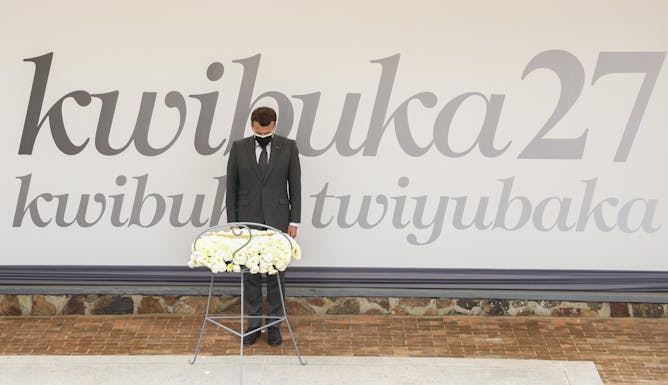
French president Emmanuel Macron lays a wreath on a mass grave at the Kigali Genocide Memorial on 27 May 2021.
EPA-EFE/Eugene Uwimana
Jonathan Beloff, SOAS, University of London
It will take time for Rwandans, especially those who suffered or witnessed the genocide, to trust France again.
|
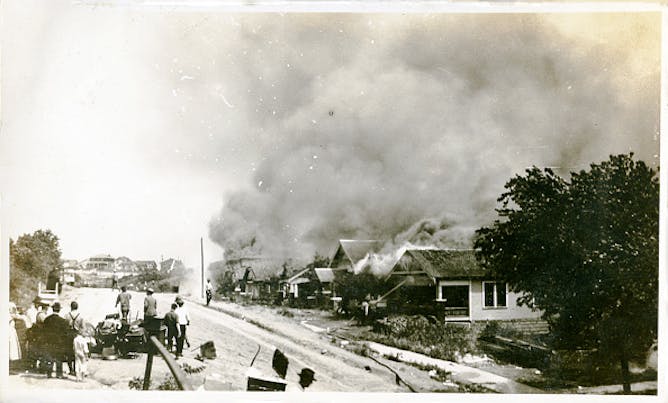
Smoke rises from damaged properties after the Tulsa Race Massacre in Tulsa, Oklahoma June 1921.
Oklahoma Historical Society via Getty Images
Gregory B. Fairchild, University of Virginia
More Americans are learning about the 1921 massacre in the prosperous black section of Tulsa known as the 'Black Wall Street.' For Gregory Fairchild, it is a part of his family history.
|
Politics + Society
|
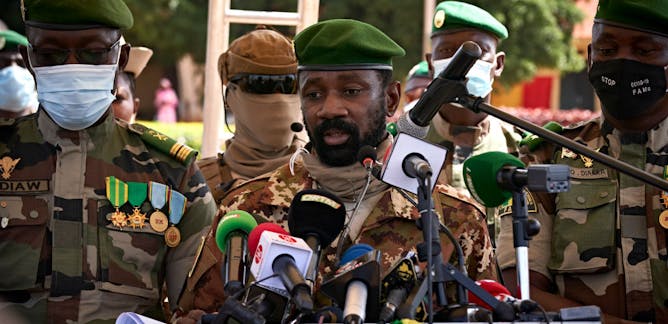
Gregory Mann, Columbia University
Mali's recent coup is a reflection of power wrangling between politicians and the military.
| |
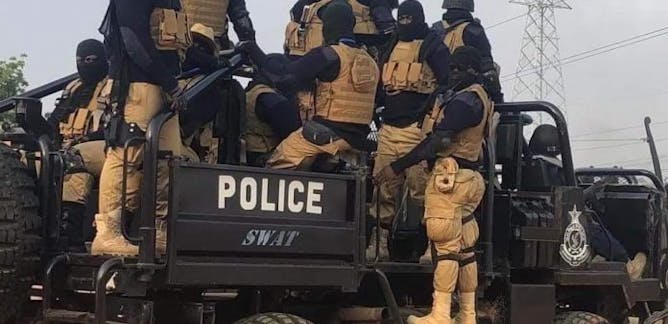
Avinash Paliwal, SOAS, University of London
Ghanians fear that the country's security services still bear the hallmarks of bad old practices.
|
|
|
Health + Medicine
|

Gemma Ware, The Conversation; Daniel Merino, The Conversation
Plus, how a new wave of South African romcoms is reimagining Johannesburg. Listen to episode 17 of The Conversation Weekly podcast.
| |
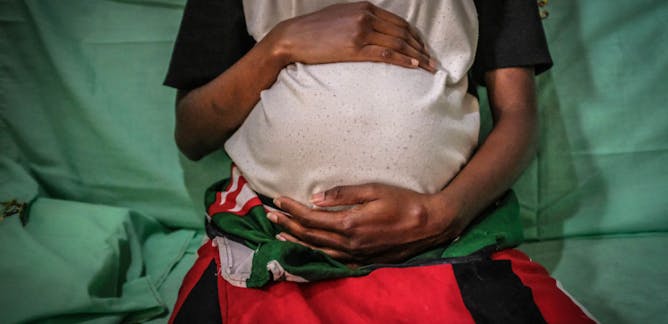
Anthony Idowu Ajayi, African Population and Health Research Center
Comprehensive sexuality education is needed to equip young girls and boys with pregnancy prevention knowledge before they have sex.
|
|
|
En Français
|
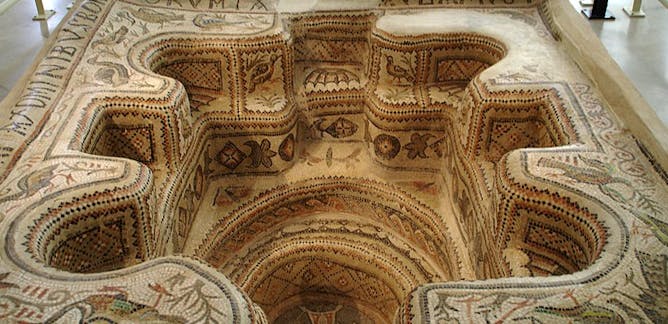
Mohamed Arbi Nsiri, Université Paris Nanterre – Université Paris Lumières
La première attestation de la présence chrétienne en Afrique du Nord remonte à la fin du IIᵉ siècle.
| |
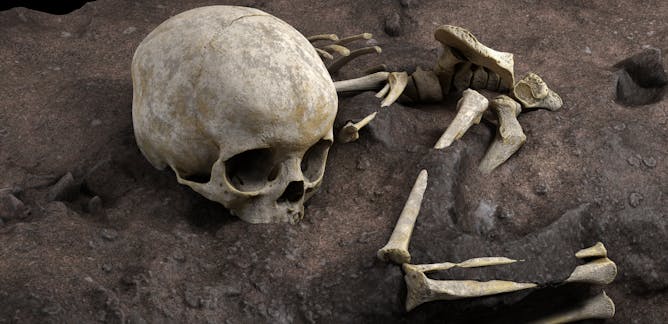
Simon Armitage, Royal Holloway
Les enterrements semblent avoir été peu fréquents en Afrique il y a environ 80 000 ans, alors qu'ils étaient répandus en Eurasie.
|
|
|